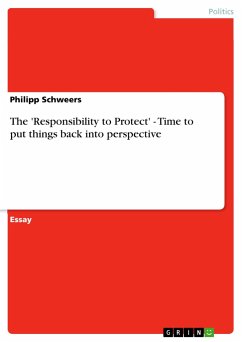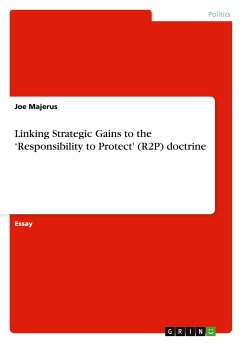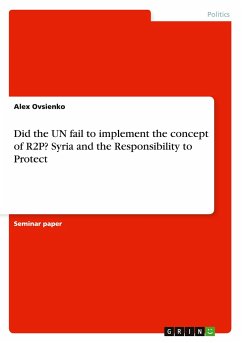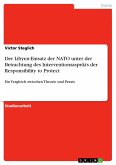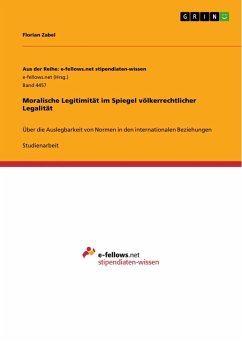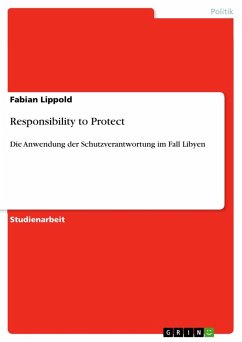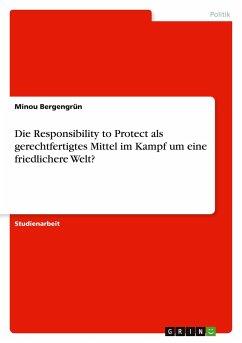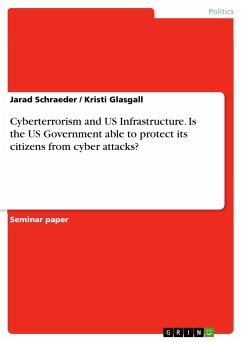Essay from the year 2009 in the subject Politics - International Politics - Topic: Peace and Conflict Studies, Security, grade: 8,5, University of Amsterdam, course: Human Security & Foreign Intervention, language: English, abstract: At the turn of the 21st century, the world - meaning policymakers, scholars, and activists - seems to be divided between an increasingly influential group of normative activists which tries to eliminate the evil of the world by implementing global norms and another group which abuses the current debate concerning norms and the global meaning of human rights as a cover for good old power politics and their own strategic concerns. Especially the latest achievement in the normative debate, the 'Responsibility to Protect'-concept, is dubious and opens the door for abuse by 'false friends'. After an impressing and fast-paving development/increase in meaning since its first introduction in 2001, this concept is widely seen as legitimate framework for current and future humanitarian engagement and as a replacement for the former method of humanitarian intervention. But, despite the good intentions behind that concept, many critical voices underscore conceptual weaknesses or even inherent conceptual dangers of R2P. Currently, as José E. Alvarez points out, R2P is at the turning point from political rhetoric to legal norm. This paper aims on the examination of the value of R2P as recent object of normative debate and argues for more political realism among normative actors.

